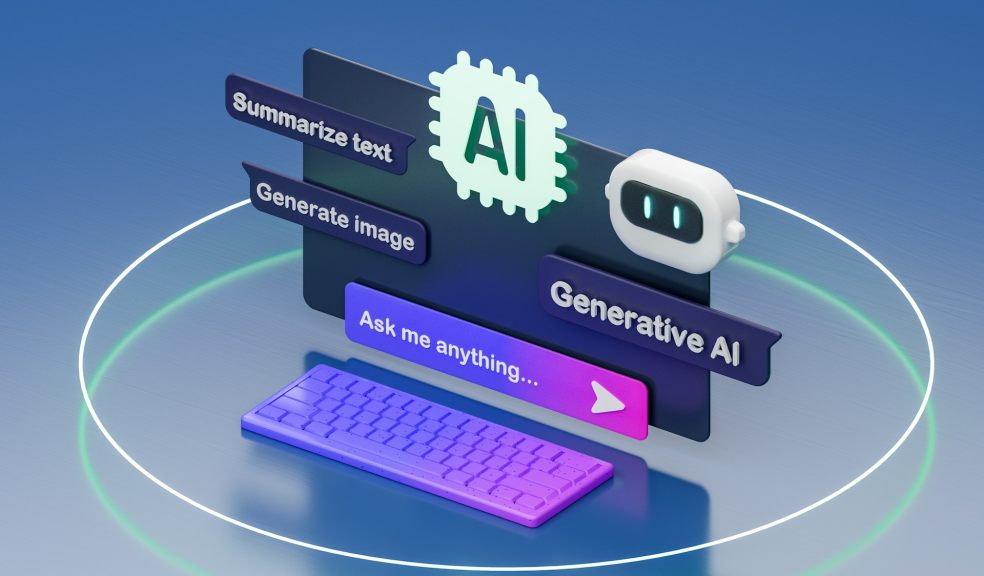
Cost Savings and Efficiency: The AI Employee Advantage
Businesses are increasingly focused on optimizing their operations for both productivity and cost-effectiveness. The introduction of automation and intelligent systems drives a shift toward more streamlined processes, with AI agents playing a pivotal role. By integrating AI employees into day-to-day operations, companies can unlock impressive gains in efficiency and cost savings. As more businesses adopt AI technologies, the organizations that move quickly will be better equipped to stay ahead of competitors and maintain a leaner, more agile workforce. This article explores the advantages of AI employees in driving business success through cost reduction and operational efficiency.
The AI Agent Advantage in Cost Reduction
One of the most compelling reasons businesses adopt AI is the significant potential for cost reduction. Traditional hiring, onboarding, and training processes for human employees come with substantial expenses, including salaries, health benefits, and office space. AI agents, however, do not require these costs. Once deployed, they operate 24/7 with minimal oversight, eliminating the need for breaks or downtime.
Real-World Example:
Take, for instance, a customer service center. By integrating AI agents to handle routine inquiries, a company can significantly reduce its labor costs while maintaining or improving service levels. AI agents can respond to customer queries around the clock, ensuring rapid, consistent responses. This often leads to higher customer satisfaction and better resource allocation, as human employees can focus on more complex or specialized tasks.
Boosting Operational Efficiency with AI Employees
AI agents excel at optimizing workflows and managing high-volume tasks. From automating repetitive data entry to generating reports, managing inventory, and analyzing customer behavior, AI systems improve overall operational efficiency.
Enhancing Business Efficiency Through AI Agents
Efficiency isn't about rushing tasks but maximizing output without compromising quality. AI employees excel in this area, allowing businesses to accomplish more in less time. By analyzing large datasets in real time, AI agents can identify patterns and provide insights that inform smarter business decisions.
Here’s how AI employees improve business efficiency:
-
24/7 Availability: AI agents don’t need rest. They are always ready to perform, which is especially advantageous for businesses with a global presence and customers in different time zones.
-
No Fatigue: Unlike human employees, AI systems do not suffer from fatigue or distractions, maintaining high performance consistently.
-
Speed and Scalability: AI systems can process vast amounts of data in a fraction of the time it would take a human. Tasks such as invoice processing or market analysis, which may take hours for a person to complete, can be done in seconds.
-
Improved Decision-Making: By leveraging real-time data, AI agents can offer actionable insights and identify trends humans may miss, leading to more informed decisions.
Why AI Employees Are a Smart Investment
While implementing AI systems involves initial costs, the return on investment (ROI) is typically swift and impactful. In addition to reducing operational expenses, AI employees increase productivity and allow businesses to focus human talent on more creative, strategic tasks.
Cost-Saving Areas Supported by AI Employees
AI’s versatility allows it to impact many areas of a business. Here are just a few examples:
-
Customer Support Automation: Chatbots and virtual assistants can handle many customer inquiries, reducing the need for large support teams and improving response times.
-
Data Processing: Payroll, billing, and accounting tasks are time-consuming and require attention to detail. AI tools can automate these processes, freeing up administrative staff for other duties.
-
Supply Chain Optimization: AI agents can analyze supply chain data, predict demand, optimize stock levels, and negotiate with vendors, leading to cost savings and improved operations.
-
Recruitment Automation: Screening candidates for job openings can be a lengthy process. AI tools streamline this by scanning resumes, assessing qualifications, and even conducting initial interviews, saving time and resources for HR departments.
Addressing Concerns Around AI Implementation
While the benefits of AI are clear, some concerns still exist regarding job displacement and the potential loss of human interaction in industries that rely heavily on customer service. However, AI employees aren’t meant to replace human workers but to enhance their capabilities. AI can take over mundane, repetitive tasks, allowing humans to focus on areas that require emotional intelligence, creativity, and strategic thinking.
The key to successful AI integration is balancing machine efficiency with human ingenuity. By utilizing AI to handle time-consuming or data-intensive tasks, businesses can empower their employees to focus on innovation, customer relationships, and higher-value responsibilities.
Getting Started with AI Integration
For businesses considering the transition to AI employees, here are a few steps to ensure a smooth and successful implementation:
-
Start Small: Test AI solutions on low-risk, repetitive tasks such as customer FAQs, scheduling, or simple data entry. This will let your team get comfortable with the technology and understand its potential.
-
Train Your Team: It’s essential to educate your team on how AI will complement their work, rather than replace them. Address any concerns and provide training to help employees use AI tools effectively.
-
Evaluate ROI Regularly: Track AI systems' performance and cost savings to measure their effectiveness. This will help you identify areas for further adoption and ensure that your investment delivers the desired results.
-
Choose the Right Tools: Partner with reliable AI service providers who understand your business needs and offer solutions that align with your goals.
Conclusion: Let AI Agents Lead the Way to Smarter Business
The shift toward a digitally optimized workplace isn’t just a trend; it’s necessary for businesses seeking long-term success. Integrating AI agents into business processes is no longer a luxury but a competitive edge. AI employees provide clear advantages for modern businesses, from reducing operational costs to enhancing productivity and improving decision-making.
By combining AI agents' strengths with human creativity and strategic thinking, companies can position themselves for a future of smarter, faster, and more cost-effective operations. The key is not to fear change but to embrace it and lead the way into the future of work.

















